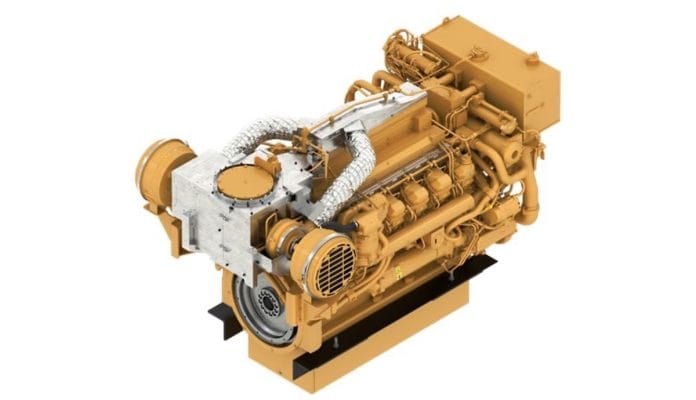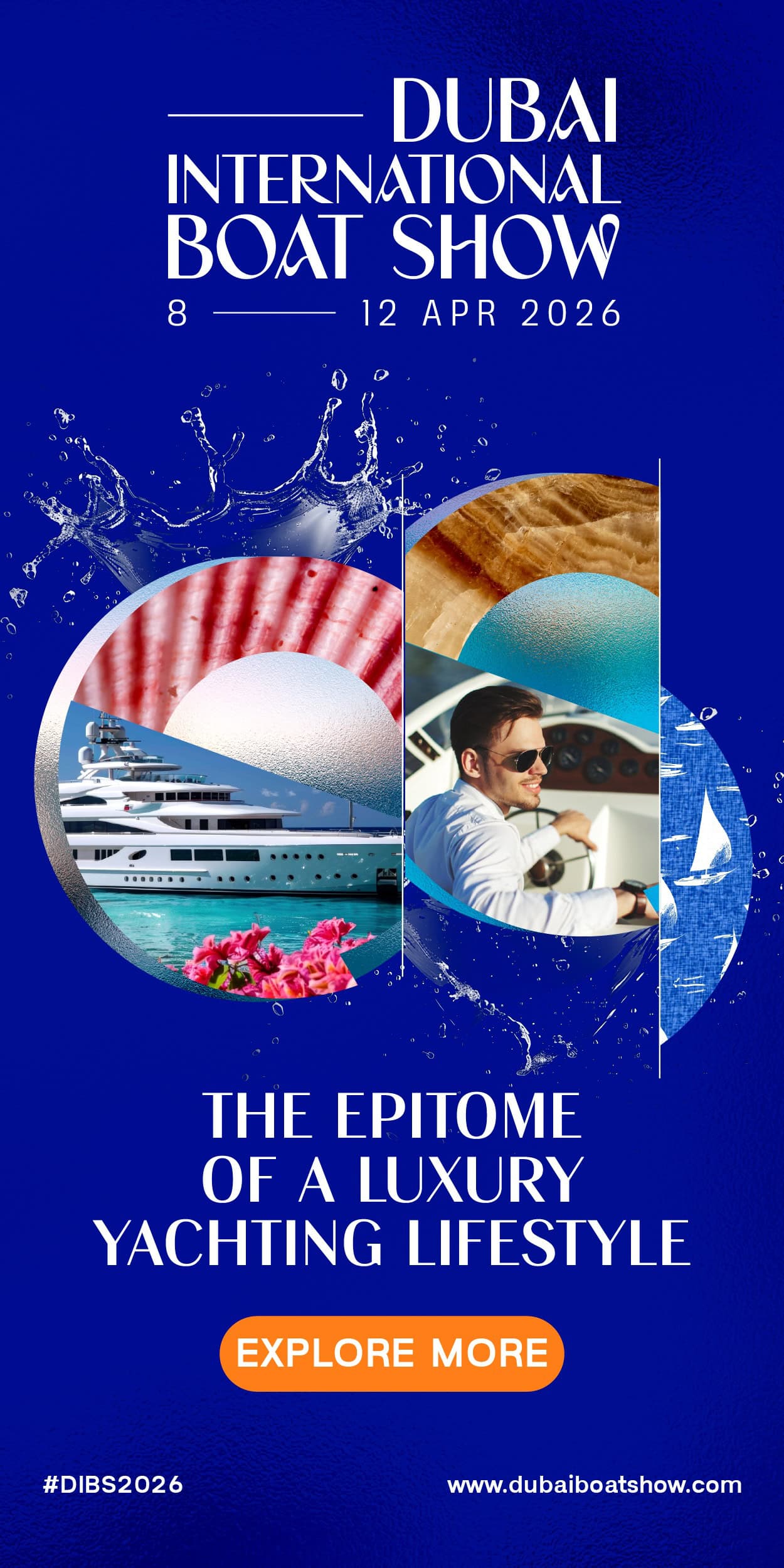Caterpillar Marine is moving forward with the deployment of the first set of its methanol dual-fuel Cat 3500E marine engines planned for 2026.
The engine manufacturer has signed a Memorandum of Understanding with Damen Shipyards Group for the first tug with methanol field demonstrator Cat 3516E marine engines planned to deploy in 2026.
Caterpillar Marine says the move advances its plans for methanol dual-fuel technology to be more widely used.
The engines will use dual-fuel technology that leverages proven diesel fuel systems and supports vessels’ low-pressure – below 10 bar – fuel systems.
The methanol dual-fuel Cat 3500E engine targets the same performance and durability as the current 3500E diesel engine while meeting emission standards and delivering 100% power.
Emissions
“We’re leveraging our deep dual-fuel expertise to help reduce emissions in the maritime industry,” said Brad Johnson, vice president and general manager of Caterpillar Marine. “We look forward to putting the first Cat 3500E demonstration engines in the water with Damen Shipyards in 2026.”
Andres Perez, global tug segment manager at Caterpillar Marine, added: “We’re expanding the 3500E platform’s fuel flexibility to provide customers with a wider array of options to navigate the energy transition.
“Fuel flexibility is key to future-proofing assets. This technology will enable owners to adopt their fuel of choice when the conditions are right without having to build a new asset or face cost-prohibitive retrofits.”
Caterpillar Marine says the methanol dual-fuel 3516E engine development takes a holistic approach, targeting the highest methanol substitution while meeting regulated emissions. Non-regulated emissions, such as formaldehyde, are part of the focus, and the IMO III solution will abate regulated and non-regulated emissions, targeting the same aftertreatment space claim.



